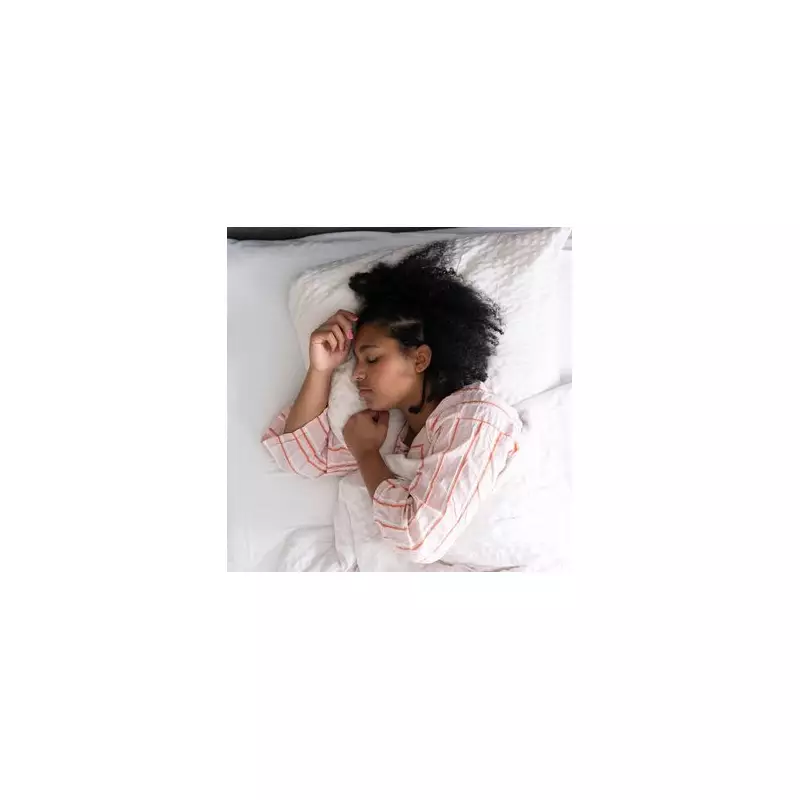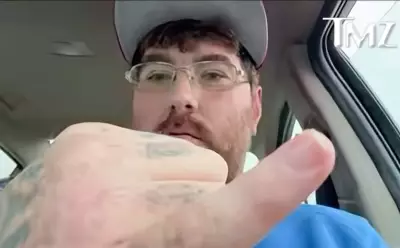
A woman who was driven to A&E after surviving on just two hours of sleep over eight gruelling days has revealed the unconventional thinking technique that finally allowed her to conquer her chronic insomnia.
The breaking point: From exhaustion to A&E
Piper CJ took to Instagram to share her extreme struggle with sleep deprivation, a condition so severe it became a medical emergency. She detailed how numerous prescription sleep medications—twelve different types, by her count—failed to provide any relief, leaving her desperate for a solution.
Her experience highlights a widespread issue. While most people face occasional restless nights, persistent sleep problems can escalate into full-blown insomnia, often triggered by stress, anxiety, or irregular work schedules. The NHS recommends that adults get between seven and nine hours of sleep each night, warning that prolonged deprivation can have serious consequences for physical and mental well-being.
The 'infuriating' hack that actually works
Piper's breakthrough came not from another pill or typical sleep hygiene tip, but from a psychological manoeuvre she describes as both "stupid" and incredibly effective. The technique involves a deliberate 'thought shift' into the realm of the absurd.
"When you lie down, try thinking about something you would never possibly think rationally," Piper explained. Instead of battling the anxious thoughts or repetitive song lyrics that kept her awake, she was advised to engage in "creative thought." The goal is to mimic the illogical nature of dreams, tricking the brain into believing it's already asleep.
Her own examples included imagining herself "looking through the eyes of a cat eating flowers in a field" or visualising being "a snake going through various weeds." She emphasises that the key is to avoid any connection to real-life worries, past events, or future anxieties. The scenarios must be pure, irrational fantasy.
Overwhelming support and proven results
The response to her revelation was immediate and supportive. Many commenters confirmed they use a similar method with great success, reporting they now nod off within minutes. One person shared that they have been "makeup movies" in their head since childhood, developing intricate characters and plots night after night until sleep takes over.
Another eager user commented, "I'm about to try this in the next 5 minutes. It sounds like a great plan, honestly!" For Piper, the results were transformative. She reported not only falling asleep at night but also, for the first time in her adult life, being able to take naps during the day.
NHS advice for treating insomnia at home
Alongside innovative personal strategies, the NHS provides foundational guidance for improving sleep. They suggest that insomnia often improves by adjusting daily habits. Their recommendations include:
- Establishing a consistent sleep schedule, going to bed and waking up at the same time every day.
- Ensuring your bedroom is dark, quiet, and comfortable.
- Relaxing for at least an hour before bed, perhaps by reading or taking a bath.
- Exercising regularly, but not within four hours of bedtime.
Equally important is what to avoid. The NHS advises against:
- Consuming nicotine, alcohol, tea, or coffee in the six hours before sleep.
- Eating large meals late at night.
- Using smartphones, tablets, or watching television right before bed due to sleep-disrupting blue light.
- Napping during the day or sleeping in after a poor night's rest.
For those like Piper, combining these established practices with a powerful mental trick can be the key to finally switching off and getting the restorative sleep the body needs.






